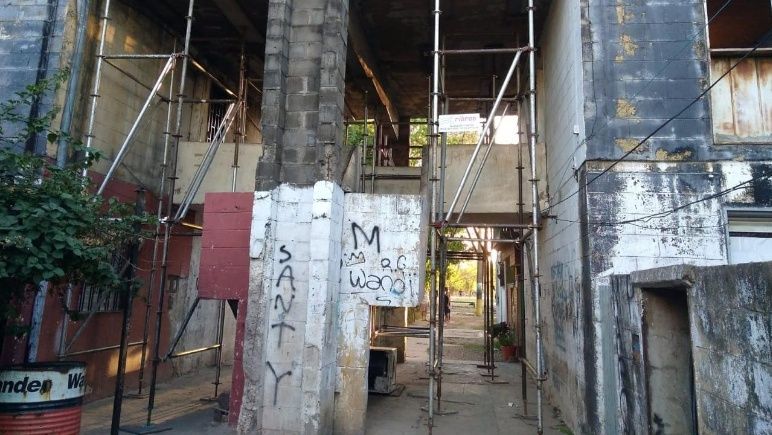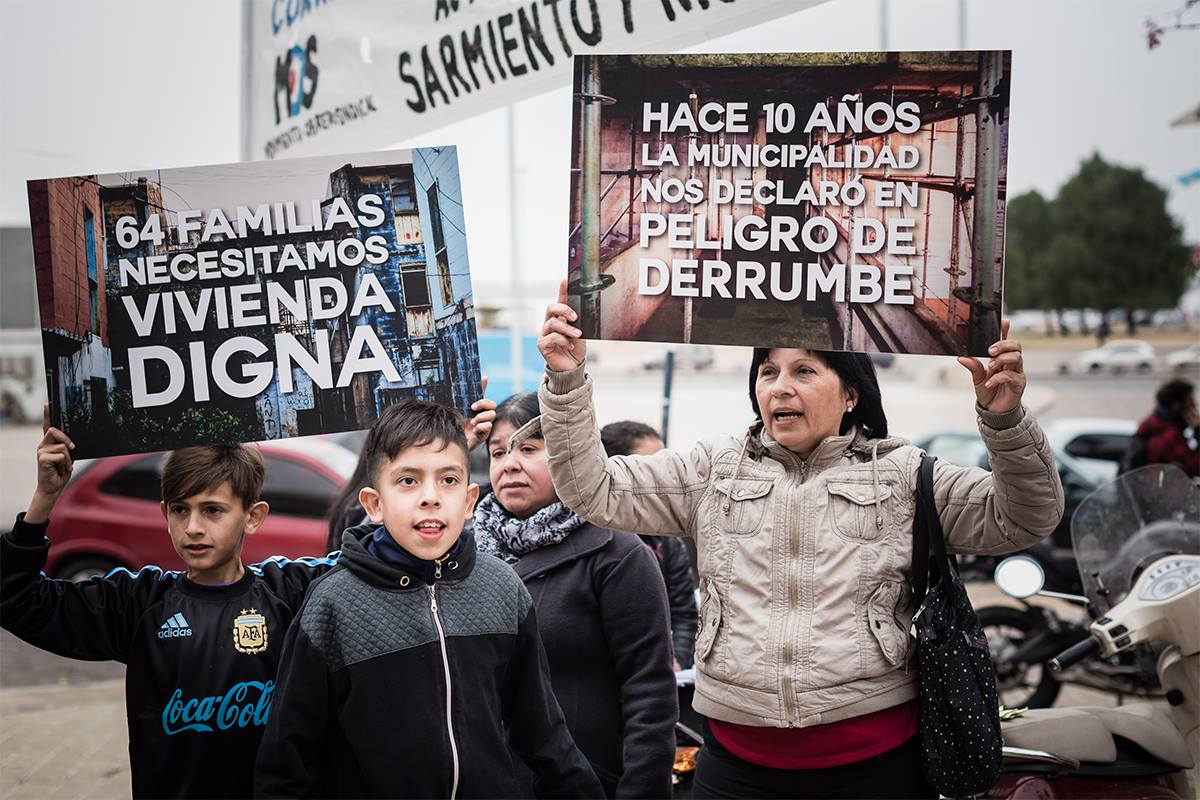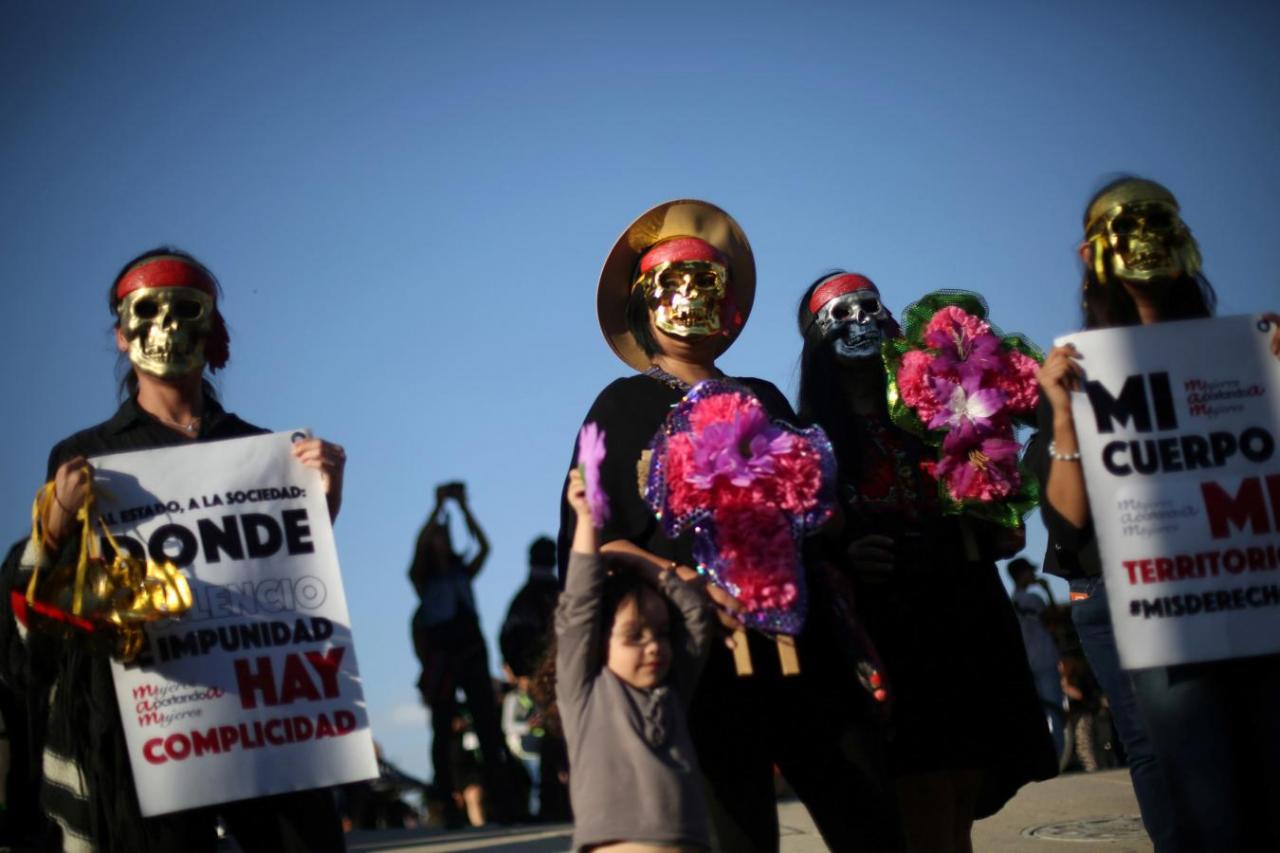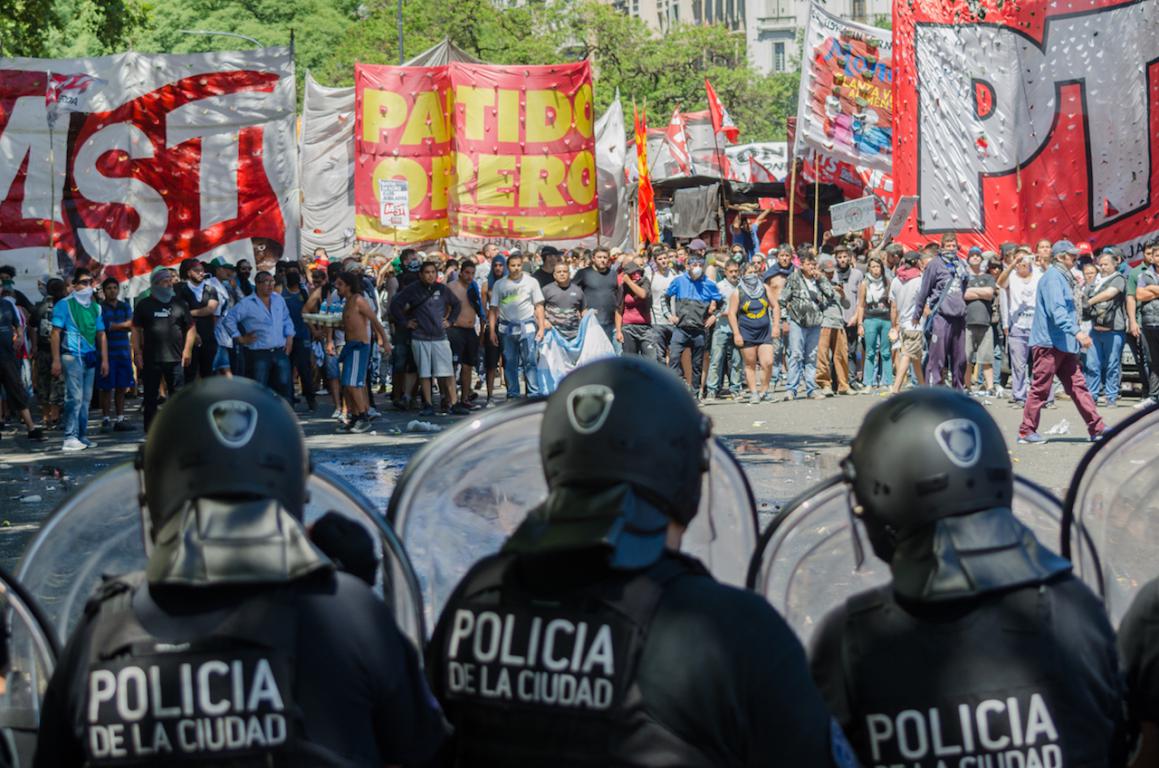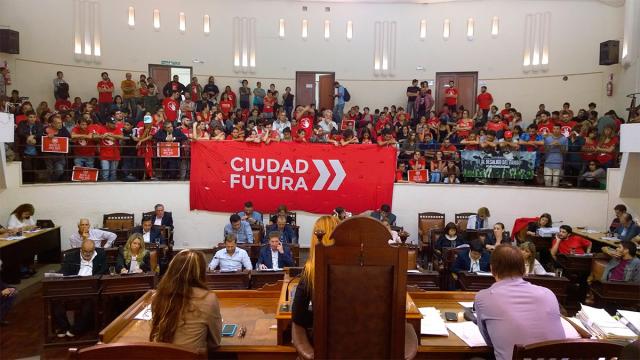
This is Part 10 in a series about Radical Municipalism looking at ways people worldwide are organizing in their cities to build power from the bottom up. Read Part 1 (Brazil) Part 2 (Rojava), Part 3 (Chiapas), Part 4 (Warsaw), Part 5 (Bologna), Part 6 (Jackson), Part 7 (Athens) and Part 8 (Warsaw & New York) and Part 9 (Reykjavík).
"Not only do we denounce this model of the city... [where] we are left out, but we also take care of building the other model that can replace it. Now we want to do it among more. Among all. For all. This is an invitation to those who believe in going after dreams. We start, and we will wait for you. There is room for everyone here.”
So reads the opening statement of the Ciudad Futura [Future City) Party of Rosario, Argentina, which launched in 2013.
The political party formed by calling for people to join to “build the utopia''. In Argentina's third largest city, Future City now has three councillors and will challenge for the 2019 municipal elections. It continues to turn the vision of an inclusive and just city into a reality, working both inside and outside the city's institutional space.
Globally, radical municipalism offers a way of doing politics differently, reclaiming political control beyond the political class that created the multiple global crises facing capitalist civilization. But the dilemma facing Future City is an old one: how to stick to its radical roots. South America had a wave of leftist socialist governments in the last decade, although this trend has waned.
If it succeeds and grows, how does Future City avoid becoming part of the new political establishment and selling out its ideals?
Homes fit for human habitation
Future City was born from two grassroots organisations fighting for people in the villa miseria, Argentina's favelas. The three councillors in Rosario's City Hall continue this fight.
In Cotar, a district in Northern Rosario, Future City is backing residents' concerns that their social housing block is dangerous and at imminent risk of collapse. In March, a teenage resident was electrocuted in the building's common space.
The campaign aims to force City Hall to build the residents a new block. At the time of writing, it has won an urgent review of the building's structural integrity, and judicial proceedings against the residents – who refused to pay their rent in protest – will cease.
City councillors denouncing buildings unfit for human habitation is what you might expect. But around the world, this doesn't always happen. And not only in the Global South. Just look at the Grenfell Tower fire last year in West London.
Back to Future City's beginnings
Two social movements begin the story of Future City in its aim to build a utopia: Giros, which began fighting against property speculators pricing out and socially cleansing locals in the northern districts of Rosario, and M26, which began resisting the violence of the drug wars.
In 2005, these movements fused into Future City, expanding their remit into a bottom-up initiative to reclaim land, push for food sovereignty and provide education based on democratic principles. Today, the party has a cooperative cultural factory called Distrito Sie7e, where they gather on weekends and hold assemblies and workshops.
Working in this effort is also Tambo La Resistencia, a regional cooperative dairy farm that provides jobs and affordable milk to a district blighted by poverty and drug trafficking. And alongside it is another food cooperative that sells more than 400 products, providing locals with a healthy alternative to capitalist inflation.
Future City also runs a school, and now a university: the University of Doing. The school fills a gap missed by state provision. The university aims to fill an intellectual gap, preparing students not for managing a corporation or state job, but managing the commons. For instance, this includes showcasing how to transform a failed private enterprise and turn it into a social enterprise, something that is occurring more and more often in Argentina, South America and elsewhere – including Greece – due to the ongoing crises precipitated by capitalism.
Actively reclaiming the private as a commons relates directly to Future City's ethos, as reflected in the party's opening statement of action: “Politicians don’t just say what needs to be done, but do it.”
One foot in City Hall, one on the streets
Future City's decision to run for City Hall was made in a general assembly. To increase its membership and get it over the required threshold to run in the elections, the party presented a citizens solution: selling low-price milk.
Now, Future City is pushing an agenda to stop social exclusion and increase gender inclusion; for the regional elections it selected an all-women shortlist. This was deemed illegal under Argentina law, which asserts a minimum of 30 percent women, and therefore also 30 percent men in office. Importantly, this provoked a national debate about the continued male dominance of politics.
Another notable campaign was the councillors' support for mothers whose children benefit from medical marijuana, legalised in Argentina since 2017, for conditions including Aspergers. In many cases, the mothers could not afford it, so the party is supporting their claim to home-grow without reprisals from the city, and more broadly to make the medical decriminalisation inclusive.
In cities, a decentralised pink tide is quietly rising
Women-led politics; social inclusion; resisting rampant capitalism: These are all hallmarks of the Pink Tide, a name given to the post-Cold War period across South America when social democratic parties came to power, from Argentina and Brazil to Ecuador and Bolivia, replacing dictators supported by the financial titans of the Global North.
Now, with hard-line neoliberal parties at the fore nationally – with the exception of Uruguay – commentators are declaring the Pink Tide over. Professor Omar Encarnación gave a detailed overview in The Nation, pointing out how the movement raised living standards for millions and left a legacy of social programs. He also asked what its lasting legacy will be on the evolving political discourse.
Radical municipalism is a way for that tide to continue. During the post-War period, social movements in some ways benefited from the inclusive values of centralised socialist governments. One example wass increased university inclusion; in Brazil this enabled the "favela intellectuals" that are co-leading the participative intersectional-feminist spring.
Equally, the failures of the Pink Tide – the corruption of a centralised political class, its shortcomings to deal with capitalism's crises and the impact of the return of hardline conservative politics – means people are turning to a fourth way: Municipalism. Rosario is not unique in South America as more people seek to reclaim land, fight for the excluded, build cooperatives and push for a broader participative politics. As this series continues, we will highlight other examples on the continent where party-movements are not only setting out what should happen, but actively building this future.

